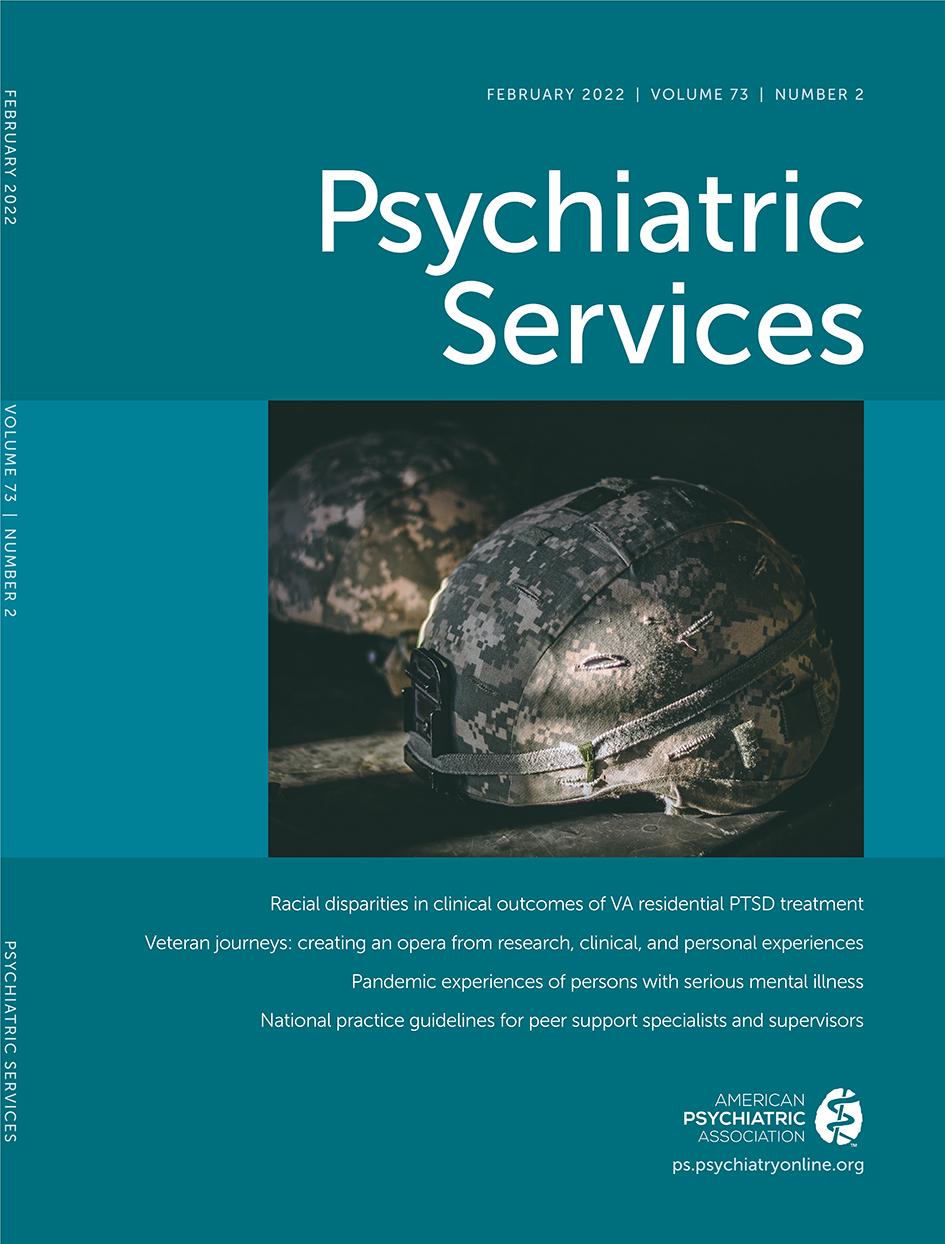Headline
Behavioral health home (BHH) model is associated with long-term changes in health services utilization for people with serious behavioral health conditions.
Context
BHHs integrate primary care into specialty behavioral health environments. Although implementation of BHHs has grown in recent years, evaluations of BHHs have shown limited positive outcomes. This study examined service utilization and chronic disease management for a group of BHH enrollees and a comparison group 3.5 years after BHH implementation.
Findings
BHH enrollees had increased primary care visits, decreased emergency department visits, and decreased behavioral health outpatient visits over the 3.5-year follow-up period. However, BHH enrollees had mixed health outcomes, and the comparison group experienced a larger decrease in behavioral health inpatient visits than the enrollee group.
Takeaways
Enrollment in BHHs impacts patterns of health care utilization, and BHH models can increase use of primary care services without increasing outpatient behavioral health services and acute care use. Stakeholders can consider implementing BHHs to support improved access to primary care for people with serious behavioral health conditions.




